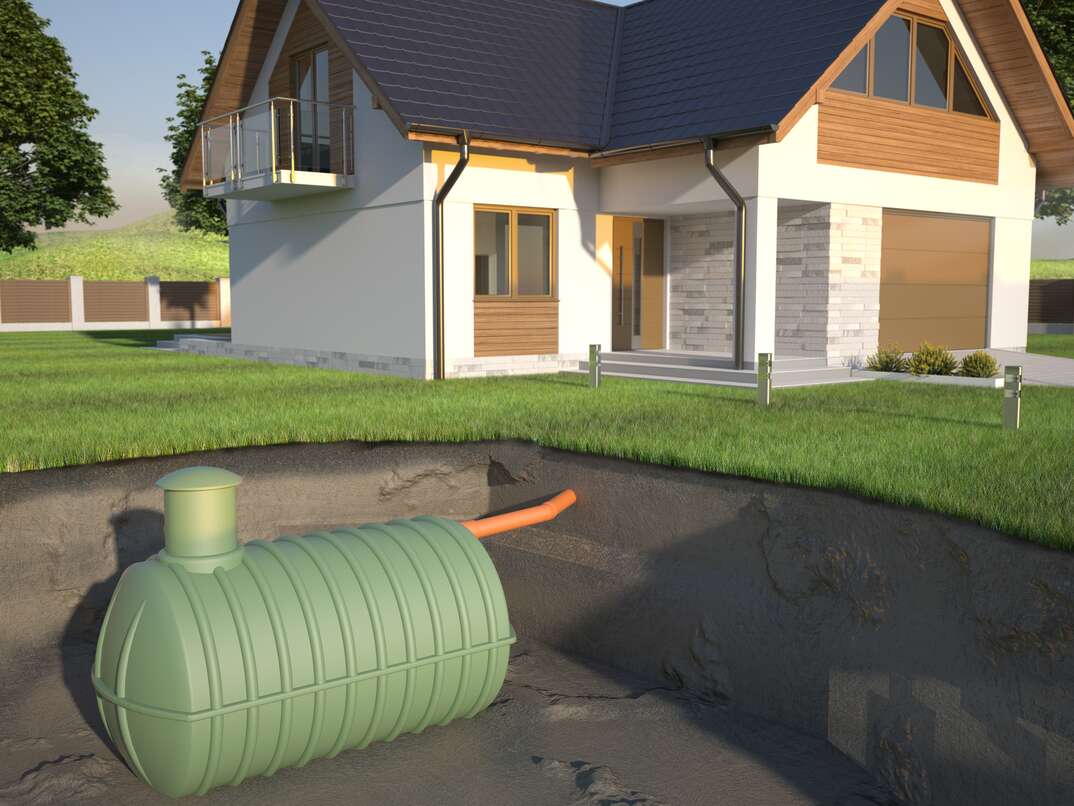If you own a house or business that is not connected to an urban sewer system most likely, you have a septic system in place to handle your wastewater. Although septic systems can be an efficient and sustainable method to handle sewage, they do require regular maintenance and may eventually require replacement. This article will give you a guide on how to manage septic system installation and replacement costs.

What is the price of a septic system installation?
It is vital to invest in a septic system so that your wastewater is handled effectively and safely. The cost of a septic system installation will vary according to a number of variables, including:
Size of the property Properties with larger sizes require bigger tank septic systems to manage the higher wastewater output. In turn, larger homes will generally require more extensive and costly septic systems.
A number of bedrooms: The number of bedrooms within your house or office will impact the size of your septic tank. New Hampshire requires at least a 1000 gallon tank to accommodate three bedrooms or more and 250 additional gallons for each additional bedroom.
Conditions on the site: The cost of installation will be influenced by the topography and soil type, as well as permeability of your property. More challenging terrain or soil conditions could require further excavation or special equipment which will increase the total cost.
Zoning and Permitting Requirements: The local and state permit and zoning laws vary and may impose additional charges to get permits and inspections.
The cost of a septic system installation in New Hampshire ranges from $5,000 to $10,000, based on the factors mentioned above. It is important to remember that this is only an estimate, and the price could vary based on your circumstances.
Cost of replacing a septic tank
Septic systems can be capable of last anywhere from 20 to 40 year depending on their care and use. If a septic fails, it’s usually cheaper to replace the system than try to fix it. Inefficient drains, standing water in your yard, and back-ups of sewage are signs that you need to replace your septic.
The cost of replacing a septic tank will be determined by the same elements that determine the costs of installation, such as dimensions of the home, bedrooms count, and site conditions. The replacement of a septic system is typically more costly than a brand new installation because the old system must be removed and cleaned up properly.
In New Hampshire, a replacement septic system costs between $10,000 and $25,000 based on these elements. It is essential to note that this is just an estimate, and the cost could vary depending on your individual conditions.
How to manage septic system costs
Regular maintenance can prevent expensive repairs and replacements by increasing the lifespan of the septic systems.
Choose the best contractor. When you select a contractor with experience and an established reputation, you can be assured that the septic tank will be constructed according to the code and in a correct manner. This will save you money on costly repairs and fines in the event that the tank is not.
Beware of flushing items that are not biodegradable The flushing of non-biodegradable products like sanitary products such as wipes, diapers, or wipes, can clog the septic tank and cause costly backups.
Conserve water: Conserving water will lessen the workload of your septic system, and also extend the life of your system.
Find the ideal system for your property: Choosing the right design of a septic system for your home can save you money on the installation as well as ongoing maintenance costs.
It is important to maintain your septic tanks in order to keep them in good health. Cleaning your septic tank will save you money in long run, reduce the risk of contamination of groundwater, avoid smells and backups as well as prolong the life of your tank. Regularly pumping boosts the efficiency of the system, and can help prevent expensive damage caused by things like cracks and clogs. It is important to engage in regular inspections to identify likely issues in the early stages. These measures will ensure that your septic tank remains effective, safe and up to standard. In the end, having a written maintenance program for your septic tank can reduce time and cost over the long term as well as provide peace of mind knowing that your house or commercial property will be able to function as a septic system for many years.
For more information, click cost to install septic tank and leach field